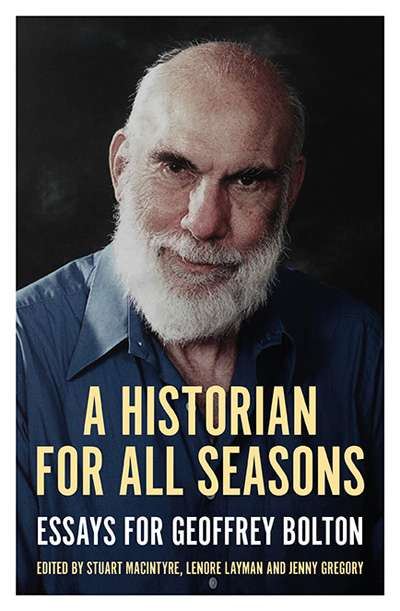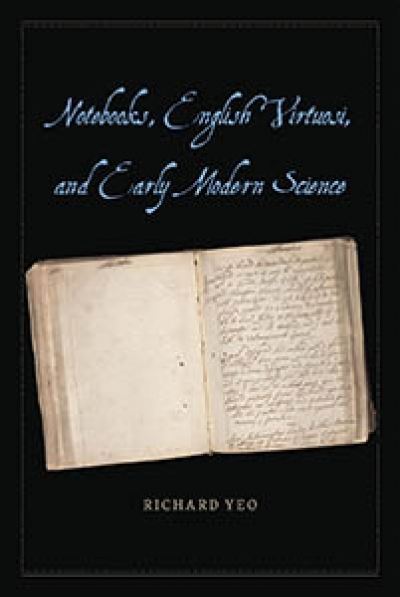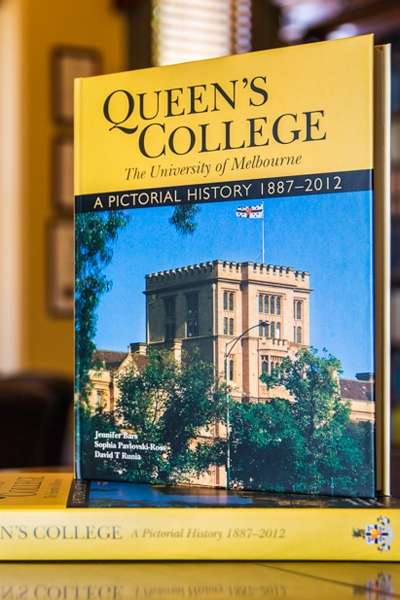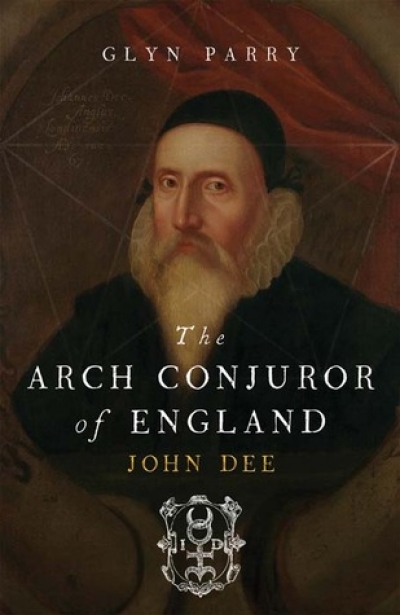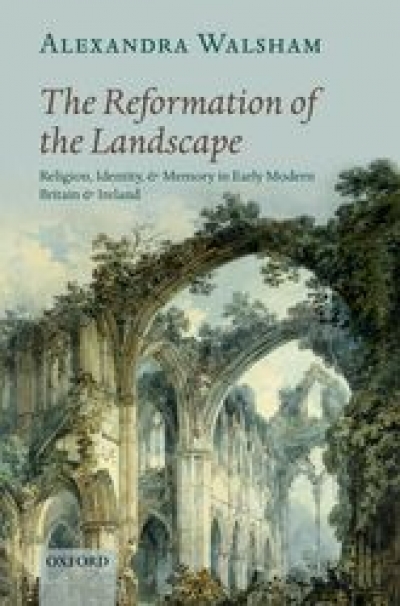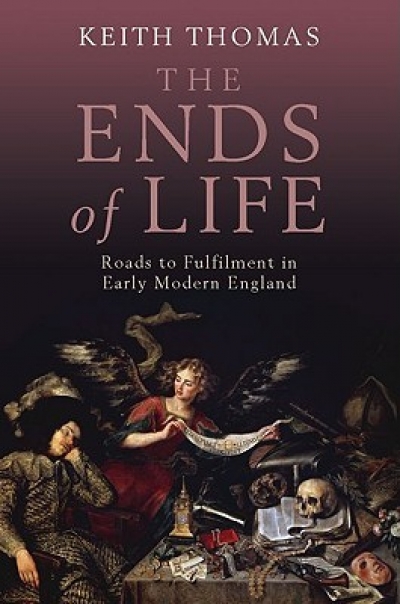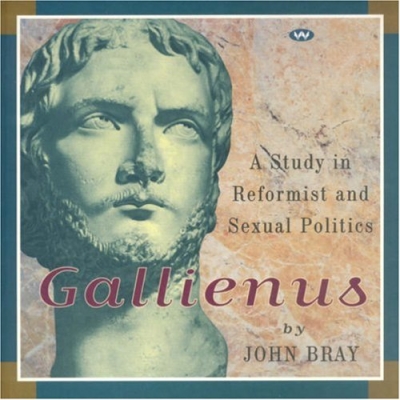Wilfrid Prest
A Historian for all Seasons: Essays for Geoffrey Bolton edited by Stuart Macintyre, Lenore Layman, and Jenny Gregory
by Wilfrid Prest •
Notebooks, English Virtuosi, and Early Modern Science by Richard Yeo
by Wilfrid Prest •
Queen's College the University of Melbourne: A pictorial history 1887–2012 edited by Jennifer Bars, Sophia T. Pavlovski-Ross, and David T. Runia
by Wilfrid Prest •
The Reformation of the Landscape: Religion, Identity, and Memory in Early Modern Britain and Ireland by Alexandra Walsham
by Wilfrid Prest •
The Ends Of Life: Roads To Fulfilment In Early Modern England by Keith Thomas
by Wilfrid Prest •
DIAMETRIC OPPOSITES
Dear Editor,
I concur with Daniel Thomas’s high opinion of the collection of Eva and Marc Besen and of their TarraWarra Museum, and share his admiration of the essays by Christopher Heathcote and Sarah Thomas in his review of Encounters with Australian Modern Art (February 2009).
...Gallienus by John Bray & A Portrait of John Bray edited by Wilfred Prest
by Alex Castles •

